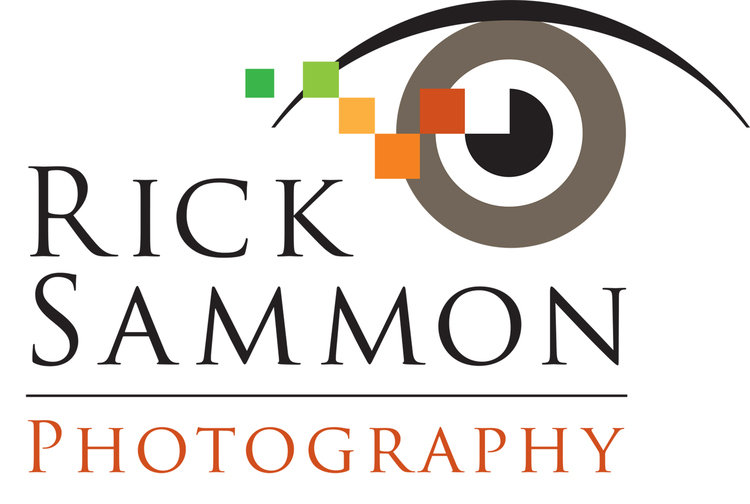Generally speaking, you want only your added lights to illuminate the subject. However, there are times when it’s a good idea to mix light sources, either using daylight or room lights.
In this photograph, I mixed the light from a Westcott Apollo 28-inch softbox (in which I placed my Canon 580EX II) with the room light. This technique can be tricky.
Here is a link for info on the softbox:
Following is what I do in this kind of situation.
First, I set my camera to the Manual metering mode and set my exposure for the room light. Here, I wanted the room to be fairly dark. If I had wanted it brighter, I would either increase my aperture or reduced the shutter speed to let more light into the camera.
Then I take a test flash shot. If the light from the flash is too bright, I reduce my flash exposure, and vice versa.
Mixing the light is all about experimenting.
You can see that the original shot is a bit flat. My enhancements on the final image included enhancing the saturation, contrast and sharpness in Photoshop.
Above is a diagram of my lighting set up. Please note that the diagram is not to scale and not 100 percent accurate.
For more lighting tips, see my apps, Rick Sammon 24/7 Photo Buffet and Rick Sammon's Light It!
Rick
P.S. Thanks, Peter!
I added the two above photos after receiving a comment from reader Peter Kremzar. Peter, thanks for your comment. I could not use that particular photo, but if you'd like to comment again with another photo, I'd be glad to share.
Basically, Peter, who has a good eye and a good understanding of speedlites, suggested using more lights to light up the background. Good idea, but this was a one-light workshop. :-)
Also, above you see how one can lighten or darken the background in Photoshop.
Thank you again, Peter. Good idea!
